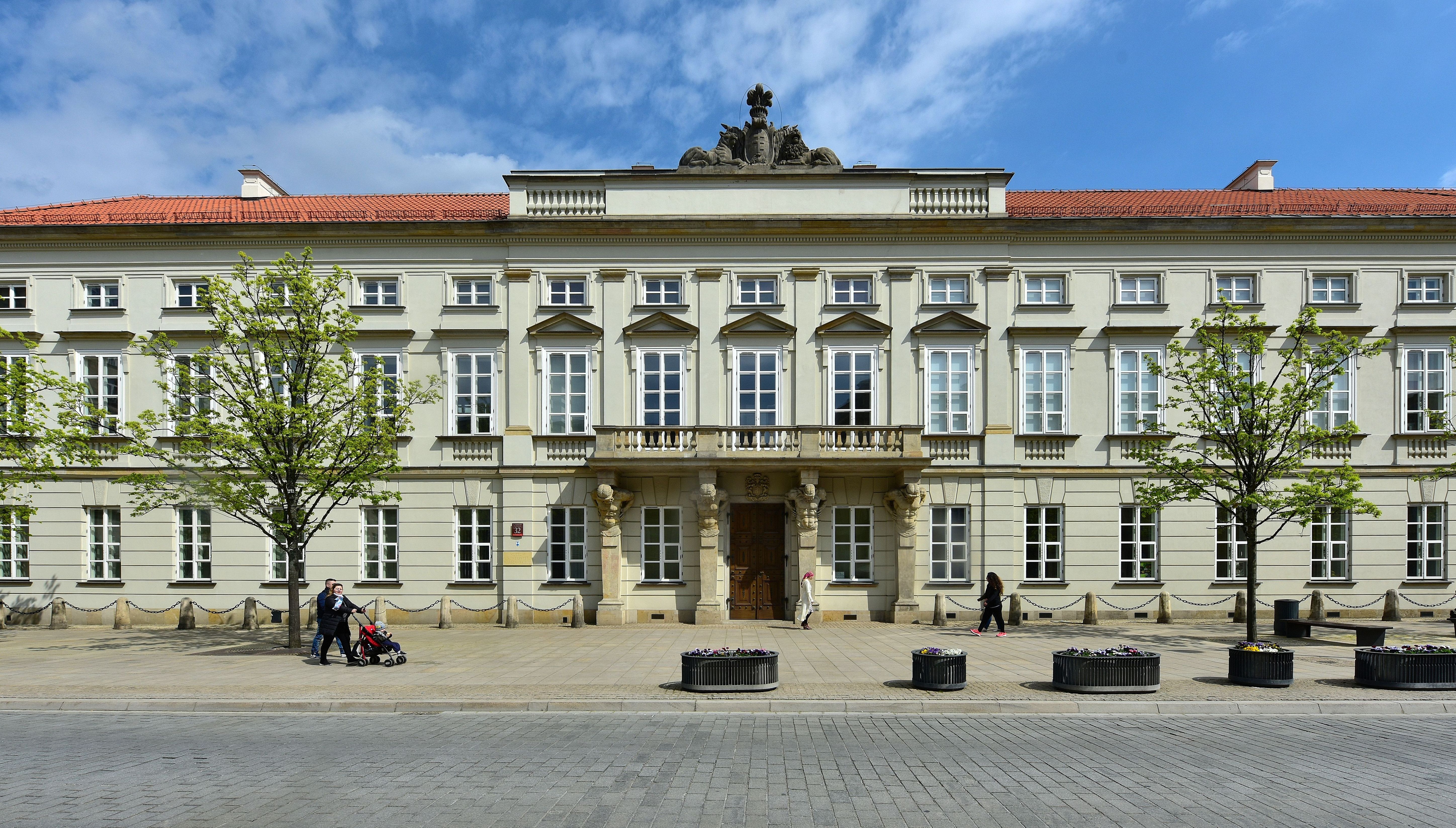|
Zygmunt Klukowski
Zygmunt Klukowski (23 January 1885 – 1959) was a Polish physician, historian A historian is a person who studies and writes about the past and is regarded as an authority on it. Historians are concerned with the continuous, methodical narrative and research of past events as relating to the human race; as well as the stu ..., and bibliophile. Born in 1885 in Odessa, he spent much of his life in Szczebrzeszyn. During World War II, he served in occupied Poland as officer of the Polish Underground State, underground resistance organizations, including Związek Walki Zbrojnej, and Armia Krajowa. In the Second Polish Republic, interwar Poland Klukowski was the editor-in-chief of two magazines, ''Teka Zamojska'' and ''Kwartalnik Regionalny'' in Zamość. Following World War II, he wrote two nominal works about his experiences, the ''Journal from the Years of Ethnic cleansing of Zamojszczyzna by Nazi Germany, Occupation of Zamojszczyzna, 1939–44'' ( pl, Dziennik z lat okupacji Zam ... [...More Info...] [...Related Items...] OR: [Wikipedia] [Google] [Baidu] |
Polska Akademia Literatury
The Polish Academy of Literature ( pl, Polska Akademia Literatury, PAL) was one of the most important state institutions of literary life in the Second Polish Republic, operating between 1933 and 1939 with the headquarters in Warsaw. It was founded by the decree of the Council of Ministers of the Republic (Rada Ministrów RP). The academy was the highest opinion-forming authority in the country, in charge of all aspects of promoting and honoring the most outstanding contemporary achievements of Polish literature. According to its own statute, the main objective of the academy was to raise the quality level of Poland's publishing, while working in conjunction with the government efforts and NGO endeavors focused on the advancement of Polish culture and art in general. The century of Partitions of Poland, foreign Partitions of Poland, ending in 1918, was marked by the forcible suppression of Polish education, language and religion under Prussian (and later German rule, see Kulturka ... [...More Info...] [...Related Items...] OR: [Wikipedia] [Google] [Baidu] |
